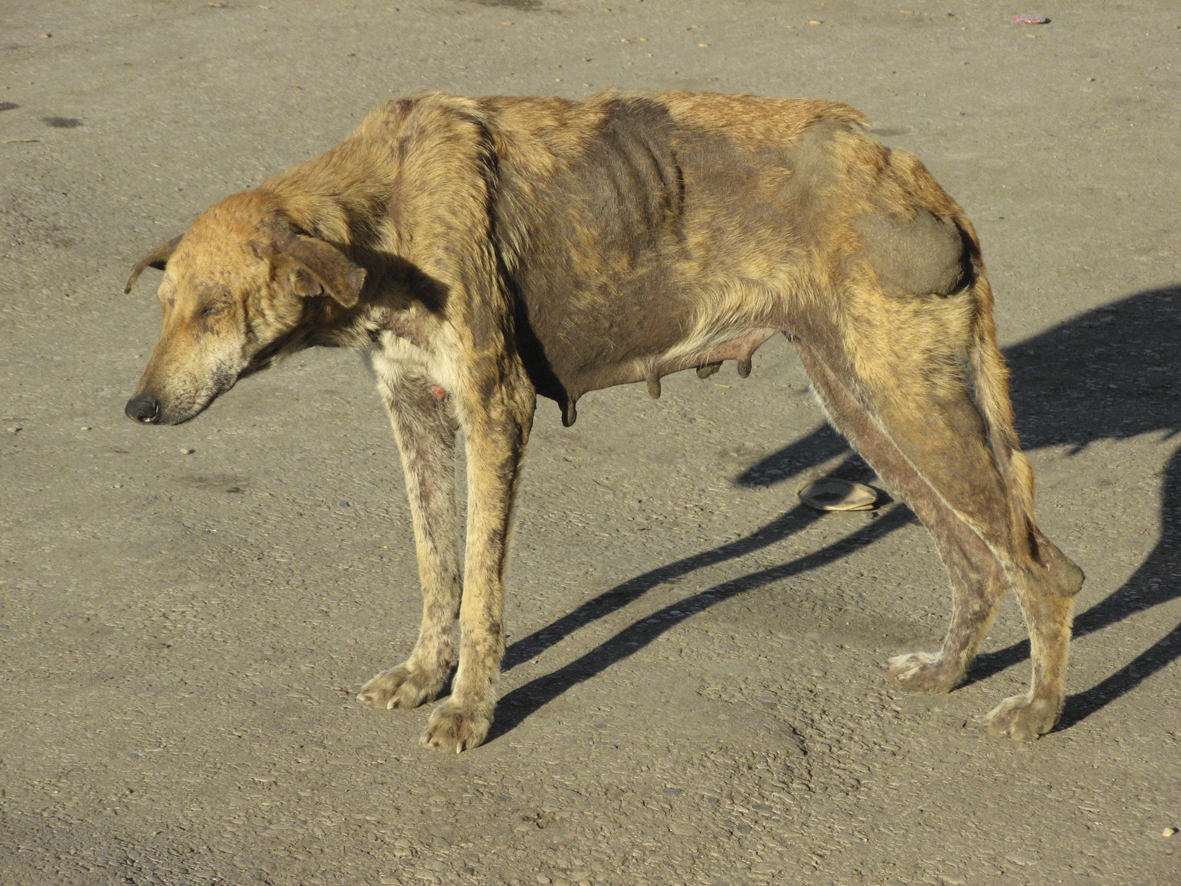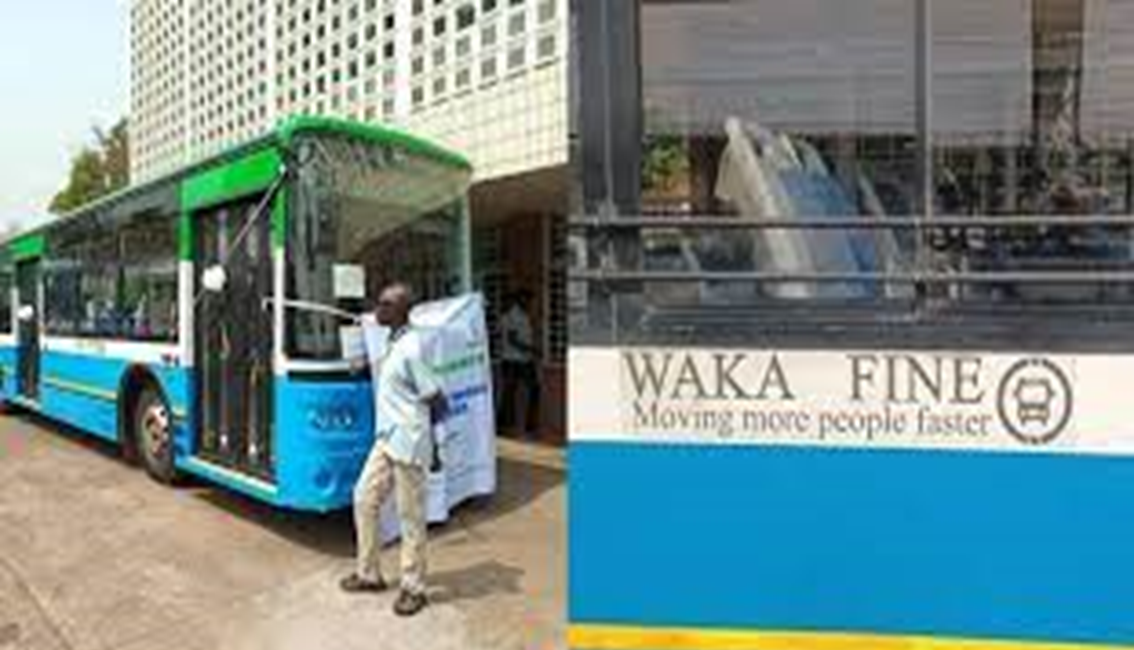By Sulaiman Aruna Sesay
Sierra Leone has faced several challenges in recent years, including widespread poverty, inadequate healthcare, Ebola, mudslide and a struggling economy. The COVID-19 pandemic has also hit the country hard, causing disruptions to education, tourism, and other sectors. Tighten up your seat-belt as I throw light on few of the highlighted challenges we have faced as a country.
To start with, the widespread poverty in Sierra Leone has had a significant impact on its population. Poverty levels in the country are high, with an estimated 78% of the population living on less than $2 per day.

This has resulted in limited access to basic amenities such as healthcare, sanitation, and education. Additionally, lack of access to healthcare services has led to a high number of preventable deaths from diseases such as malaria, pneumonia, and malnutrition. Education is also a luxury that many Sierra Leoneans cannot afford, with many children not attending school due to the high costs associated with education. Poverty in Sierra Leone is a major challenge, leading to a range of social and economic issues. Addressing poverty in the country requires a multifaceted approach that includes improving access to education, healthcare, and basic amenities, as well as promoting economic growth and reducing inequality.
The Ebola pandemic had a devastating impact on Sierra Leoneans. The outbreak of the virus started in May 2014 and lasted for nearly 18 months, leading to the deaths of over 3,590 people in Sierra Leone alone. The virus spread rapidly, causing widespread panic and fear among the population. The Ebola pandemic had a significant impact on the country’s economy, as many businesses were forced to close, and the government had to redirect resources towards containing the outbreak. However, the most significant effect was on the healthcare system, which was already very weak before the outbreak. The virus overwhelmed the public health system, leading to inadequate treatment, supplies, and equipment. Although the outbreak was eventually contained, the long-term social and economic effects are still felt today.
Again, the mudslide incident in Sierra Leone had a catastrophic impact on the people. It occurred on August 14, 2017, in the Regent area of Freetown, the capital city of Sierra Leone. Over 1,000 people lost their lives and more than 3,000 were displaced. Many people lost their homes, and numerous businesses were destroyed. The victims included men, women, and children from all walks of life. The mudslide swept through the town, burying homes and people under the debris and mud. Many families lost their loved ones in the tragedy, while others suffered severe injuries and were left homeless. It is also worthy to know that, the disaster caused a lot of economic havoc in the region. Businesses were closed, and people lost their sources of income. The government and humanitarian organizations provided aid and support to the affected people, but it was not enough to restore normalcy in their lives.
Despite these challenges, however, there is hope for Sierra Leone’s future. The government and its partners are working tirelessly to rebuild and strengthen the country’s healthcare system, improve its infrastructure, and make it more resilient to future crises. The country has also made significant progress in reducing poverty, increasing access to education, and promoting gender equality.
Ultimately, the success of Sierra Leone’s future depends on the continued commitment and determination of its people, government, and partners to work together to overcome the challenges that lie ahead.














